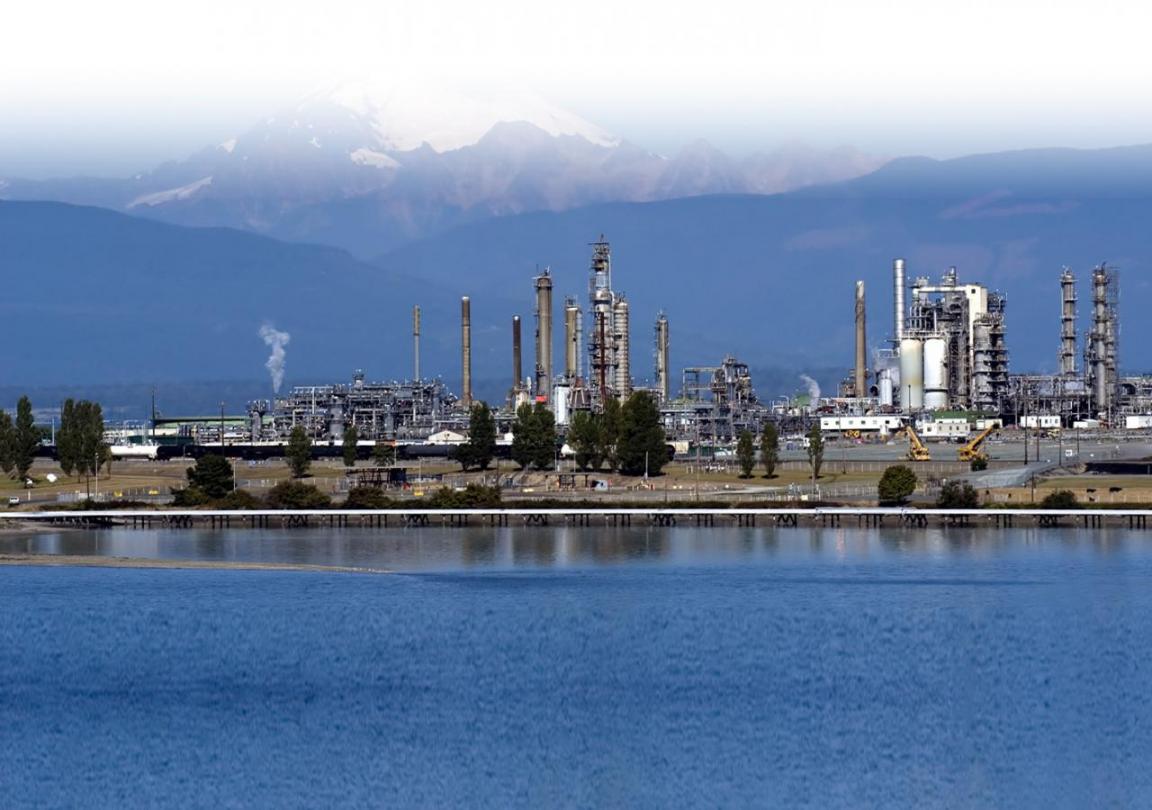A European Commission quarterly report shows that the economic situation in the EU has started gradually improving nearly two years ago, and most member states have recently registered positive GDP growth.
Long-term unemployment fell slightly by 0.2% between third quarter 2013 and third quarter 2014. Germany is among the bright spots in Europe, with an unemployment rate of 4.8% rivaling a US economy gaining traction since the end of the recession, NewEurope reported.
“This review reflects many encouraging signs in the labor market,” Commissioner for Employment, Social Affairs, Skills and Labor Mobility Marianne Thyssen said in a statement. “Two point seven million jobs were recovered over the past two years.”
Oil Prices Rise
Hopes for steady recovery in the European economy helped lift oil prices nearly 2% in trading on April 13, with Brent trading at $58.84 per barrel. The price for West Texas Intermediate, the US benchmark, was up more than 2% to $52.79 per barrel. WTI is up more than 10% since the beginning of the month.
Oil prices have remained low since June 2014 as markets stay weighted heavily on the supply side because of the production boom in the United States and a weak global economy.
In the US, the oil and gas sector is one of the hardest hit in terms of job losses. The number of rigs drilling for oil in the US fell by 42 last week to 760, the largest decline in a month, oil services firm Baker Hughes said in its survey on April 10.
Meanwhile, higher exports from Iraq, Libya, Saudi Arabia and Russia are adding to oil supply and reports of slower sales of West African cargoes are also emerging.
As Tehran faces a lifting of sanctions, this will start to open up Iran’s considerable hydrocarbon resource base to international investors and, over time, allow for a steady increase in exports of both oil and gas.
Monetary Policy
The European Central Bank manages monetary policy for the EU and its effects are felt throughout the membership.
If the ECB wants to control inflation, it will raise interest rates. This may assist larger members, such as Germany and France, but it may totally disrupt the economies of countries such as Greece and Portugal, which have turned over their monetary policy to the ECB to be able to implement the euro.
In other words, monetary policy that may fit one country may not be good for another.
Greece joined the EU with a high debt-to-GDP level and major structural deficits in its economy. To implement the euro, it pledged to get these indicators under control.
In 2008, the country slipped into one of three subsequent recessions. The following two years, Greece’s debt-to-GDP ratio climbed to 127 percent and 146 percent. International creditors started to worry that the country would not be able to service its debt and the country’s bonds went into “junk bond” status.
On Jan. 25, parliamentary elections were held in Greece and the left-wing Syriza party gained power for the first time. This party and its appointed prime minister, Alexis Tsipras, have been adamant about their opposition to the bailout plan and the payback agreement that they feel was imposed upon Greece.
This opposition has further increased the concern that Greece is on the edge of financial bankruptcy and this has made international investors even more nervous. Greece’s prime minister and financial minister are currently in heated discussions with the Troika to come up with a solution.
Greece’s leaders are particularly unhappy with Germany, whose banks hold most of Greece’s debt. They accuse Germany of manipulating the ECB to pursue national interests at the expense of countries such as Greece. They also say that Germany is being self-righteous by insisting that Greece tighten its belt and control government spending.


